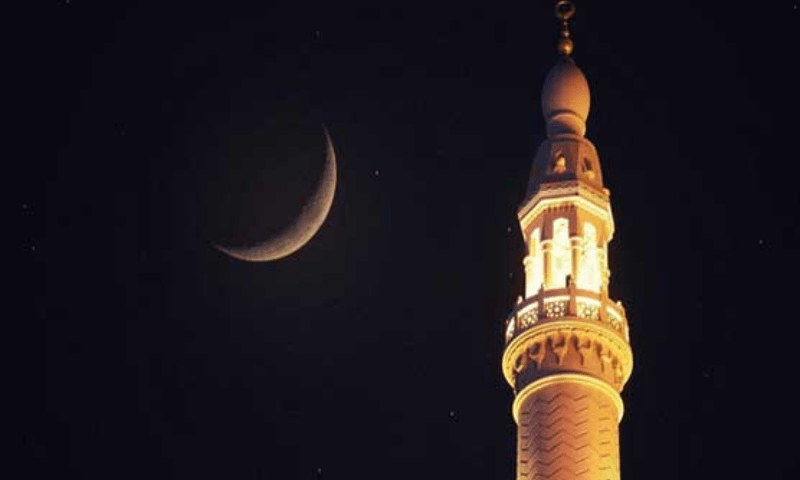Astronomers have predicted that the Shawwal crescent moon will be impossible to spot on March 29 due to a solar eclipse, leading to the likelihood of Ramadan extending to 30 days. As a result, Eid Al Fitr is expected to fall on Monday, March 31.
Experts explain that during a solar eclipse, the brightness of the sun obscures the visibility of the thin crescent, making traditional moon sighting methods ineffective. Islamic scholars often rely on verified astronomical data for accuracy in determining the start of Shawwal, the month marking the end of Ramadan.
It is anticipated that the UAE, Saudi Arabia, Oman, and other Gulf nations will base their announcements of the Eid holiday on this scientific finding. The Shawwal moon-sighting committees in each country will still be in charge of providing official confirmation, though.
This rare solar eclipse-moon sighting overlap has sparked interest among astronomers and religious authorities alike, highlighting the evolving role of science in Islamic calendar determinations.




